This article is brought to you by Datawrapper, a data visualization tool for creating charts, maps, and tables. Learn more.
Data Vis Dispatch, December 5
The best of last week’s big and small data visualizations
Welcome back to the 121st edition of Data Vis Dispatch! Every week, we’ll be publishing a collection of the best small and large data visualizations we find, especially from news organizations — to celebrate data journalism, data visualization, simple charts, elaborate maps, and their creators.
Recurring topics this week include the 28th U.N. Climate Change Conference, pop culture memories, and the teeny-tiny parts in our tech gadgets.
Even though war is an unpleasant topic, visualizations can help us understand it — and we believe it’s important to show them. On the war between Hamas and Israel, several diagrams this week dealt with damage and displacement in the Gaza Strip:
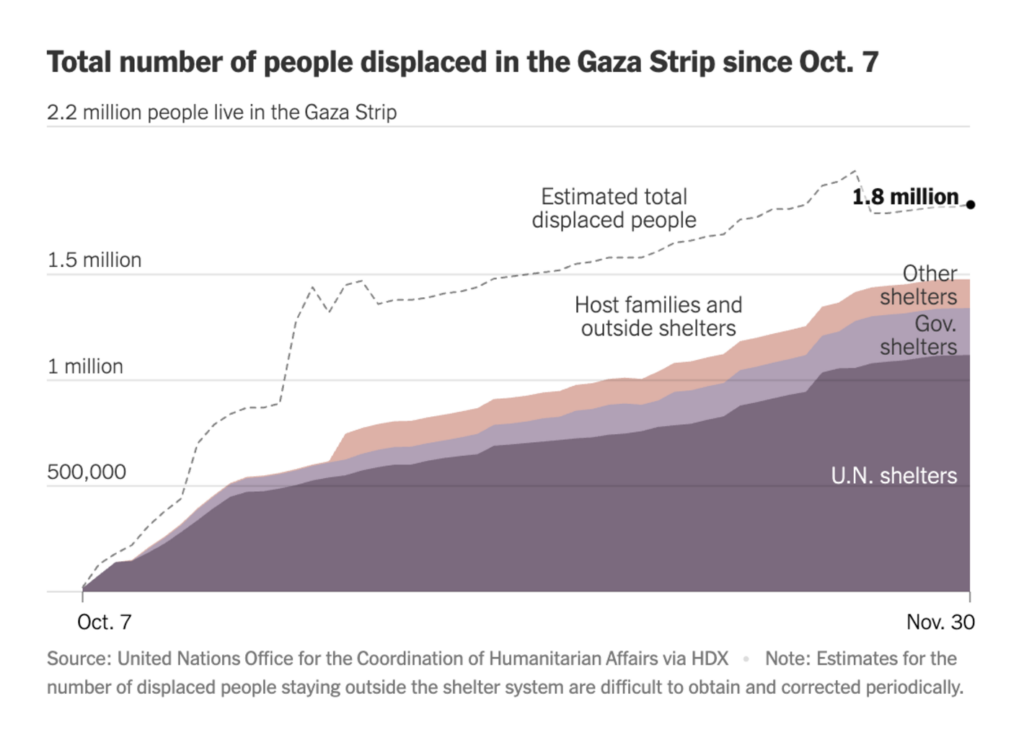
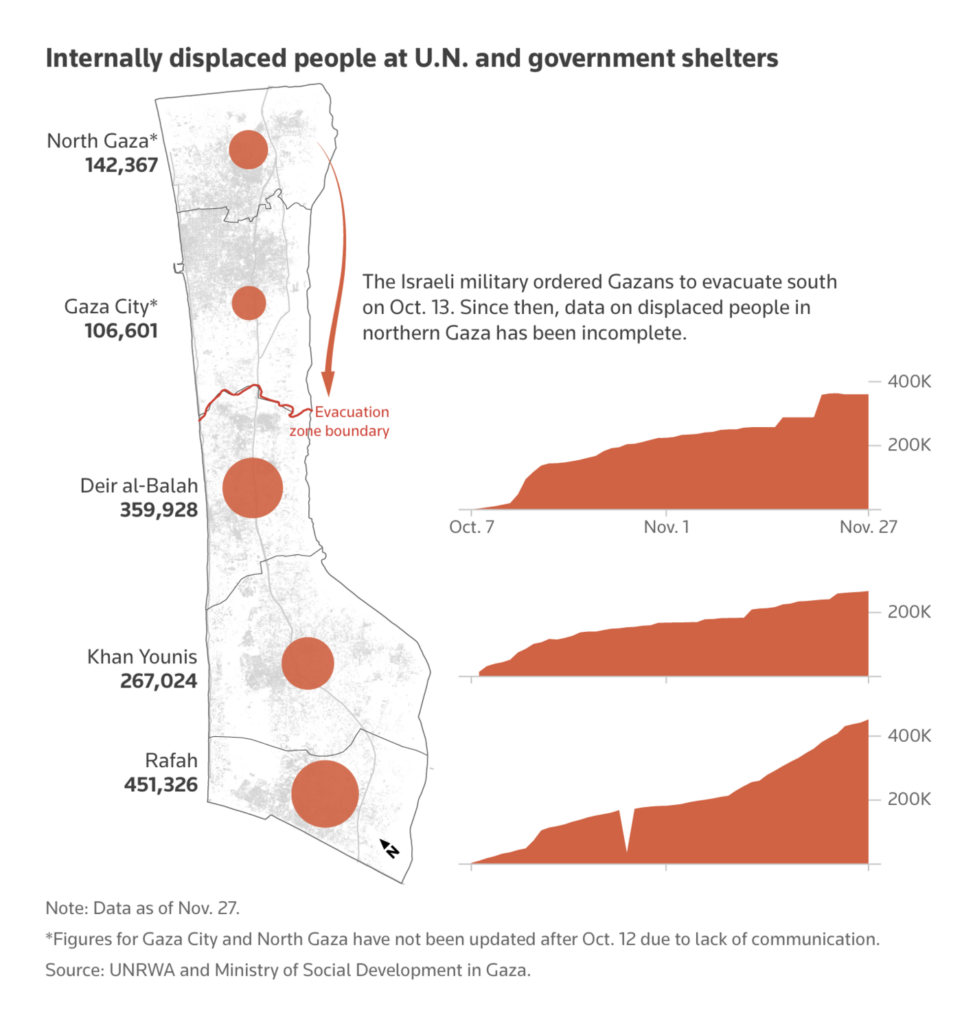
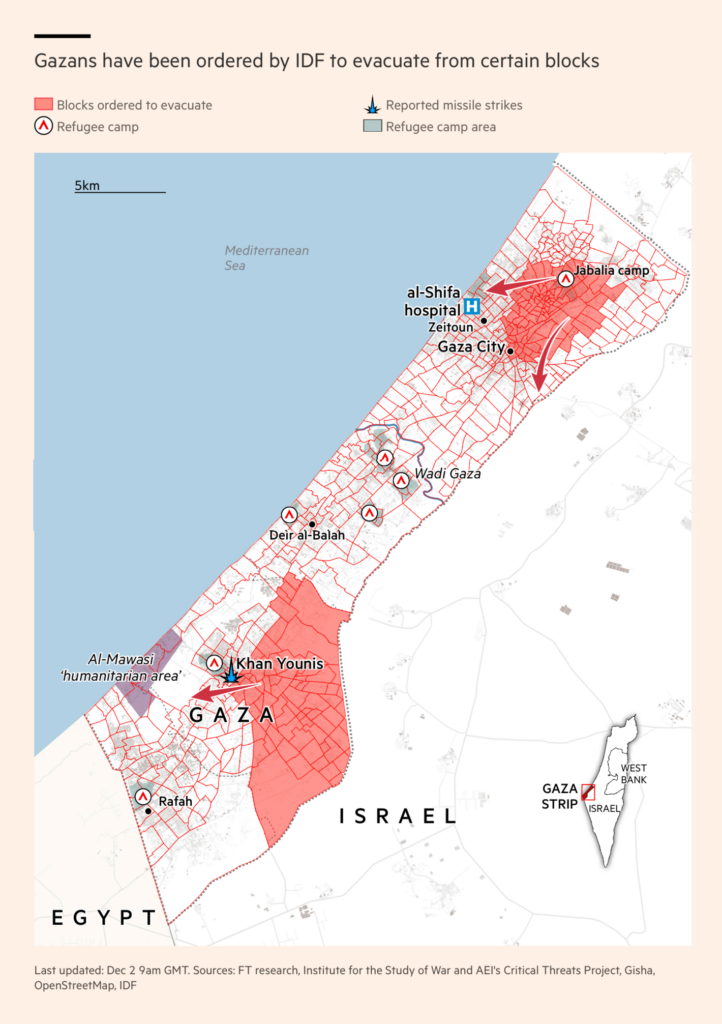
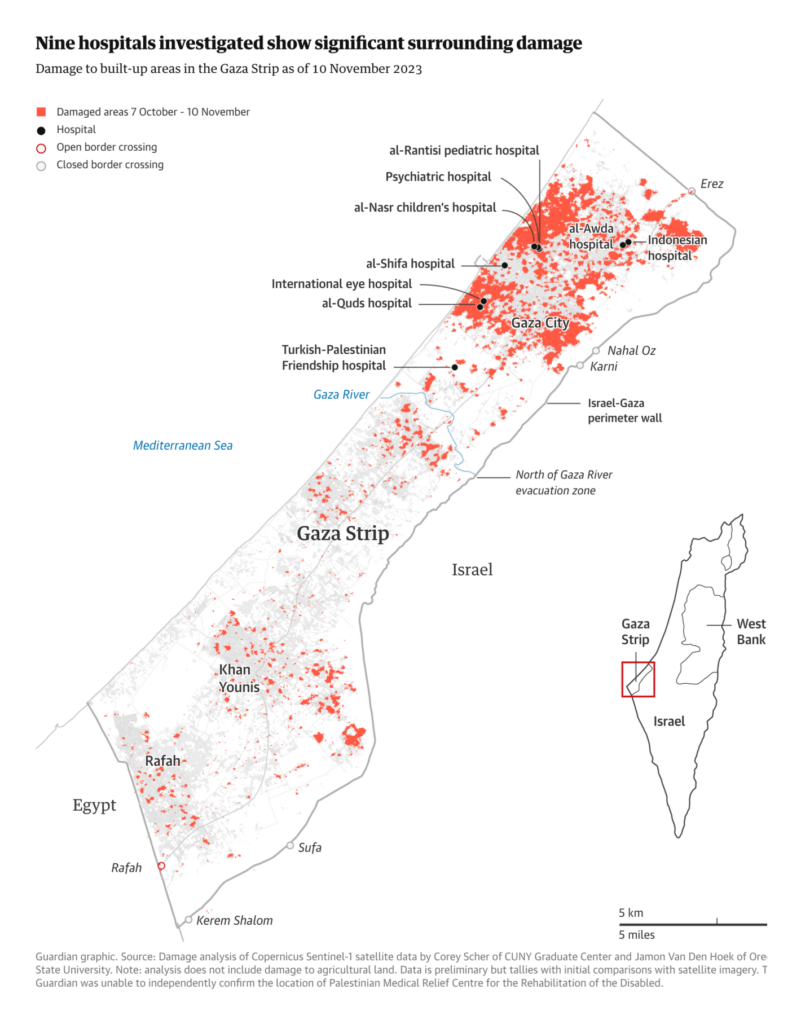
One article we found deals with the use of words about war and how this could relate to political thinking:
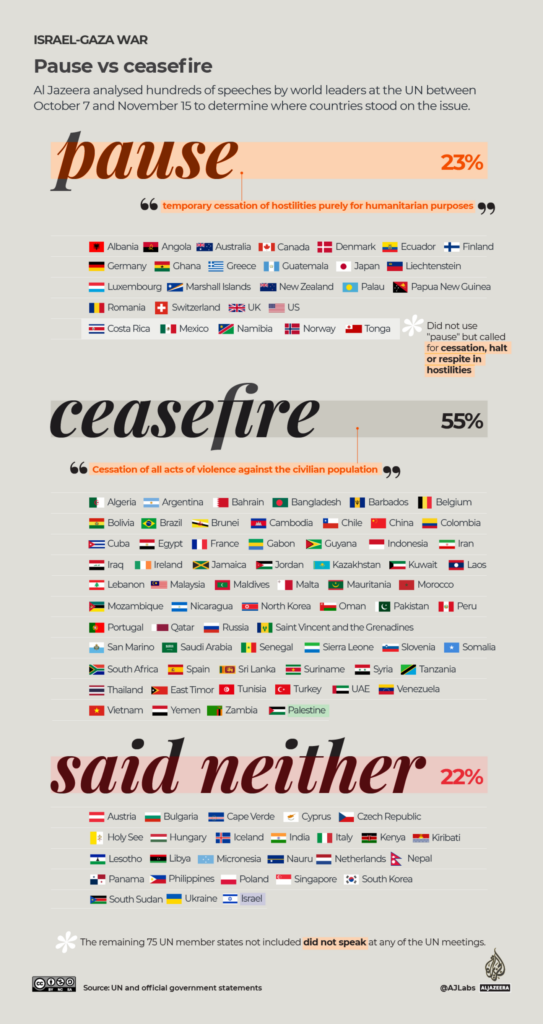
Other visualizations covered Russia’s ongoing war against Ukraine:
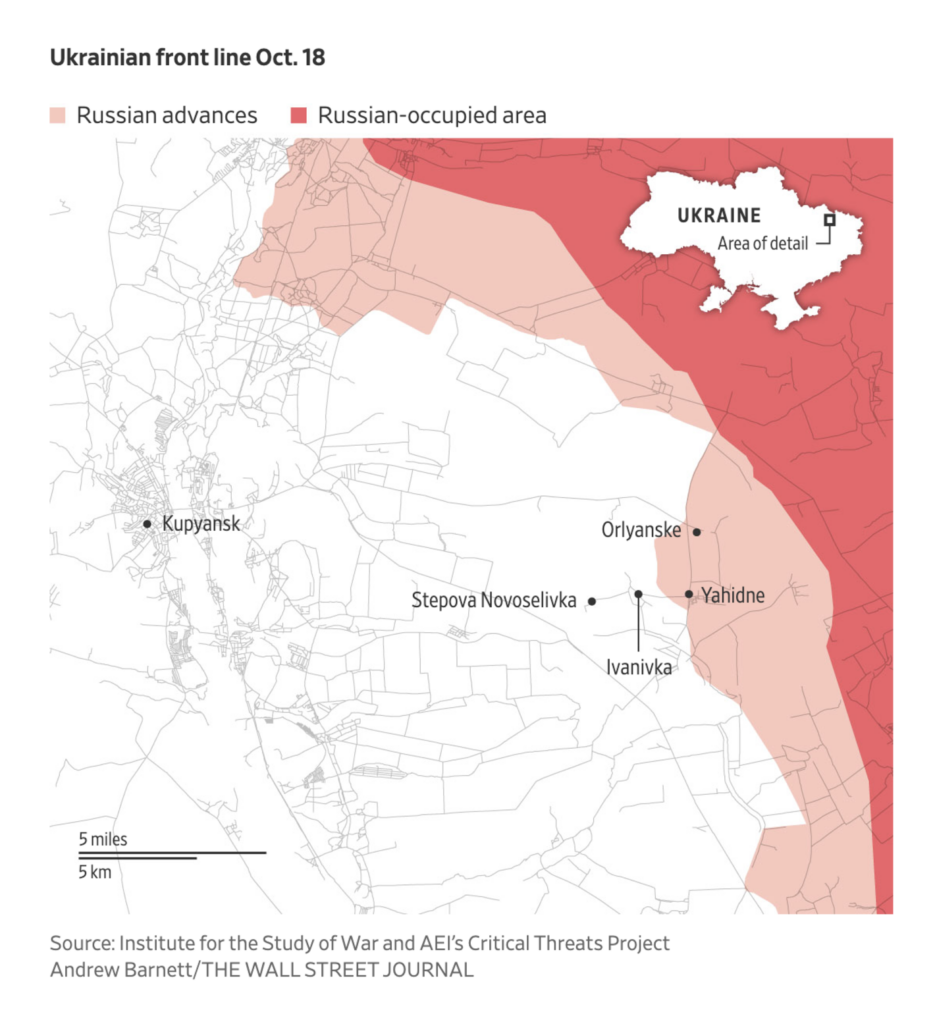
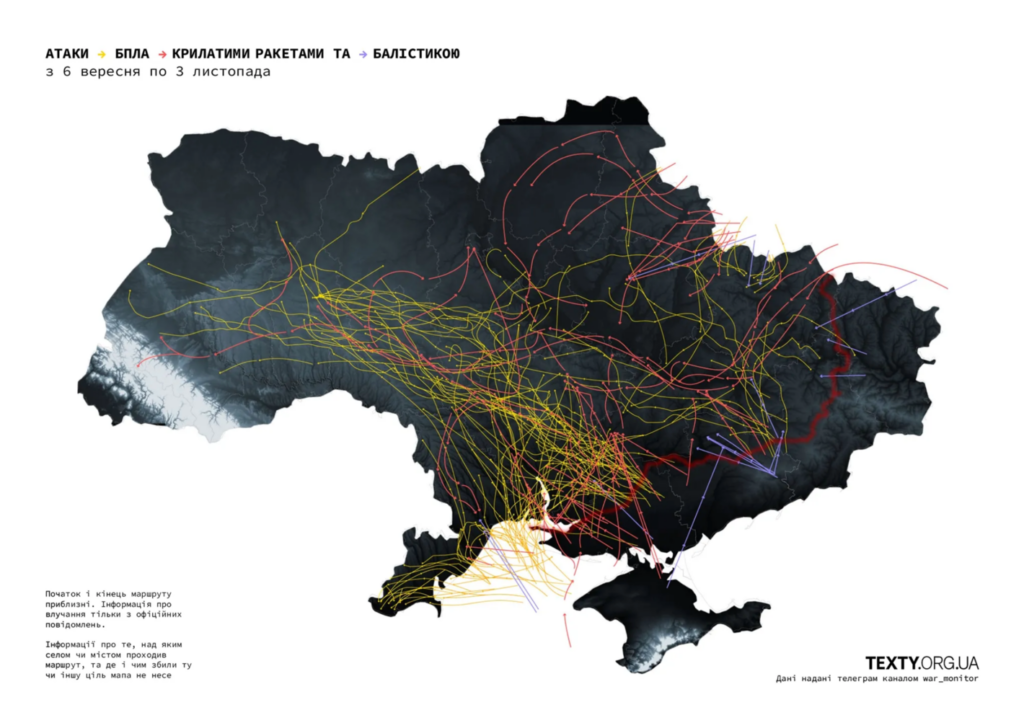
COP28, the U.N.’s 28th annual climate summit, started on November 30. Not surprisingly, we found a large number of charts about climate change and its main causes — in particular, CO₂:
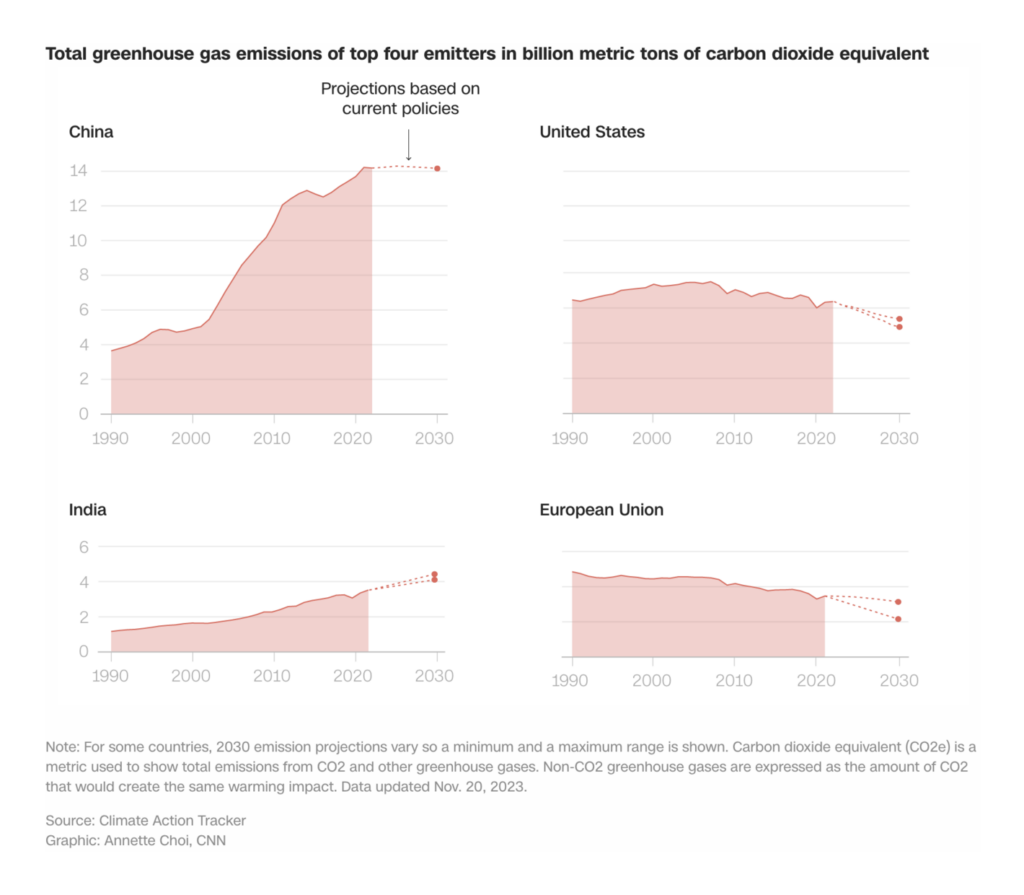
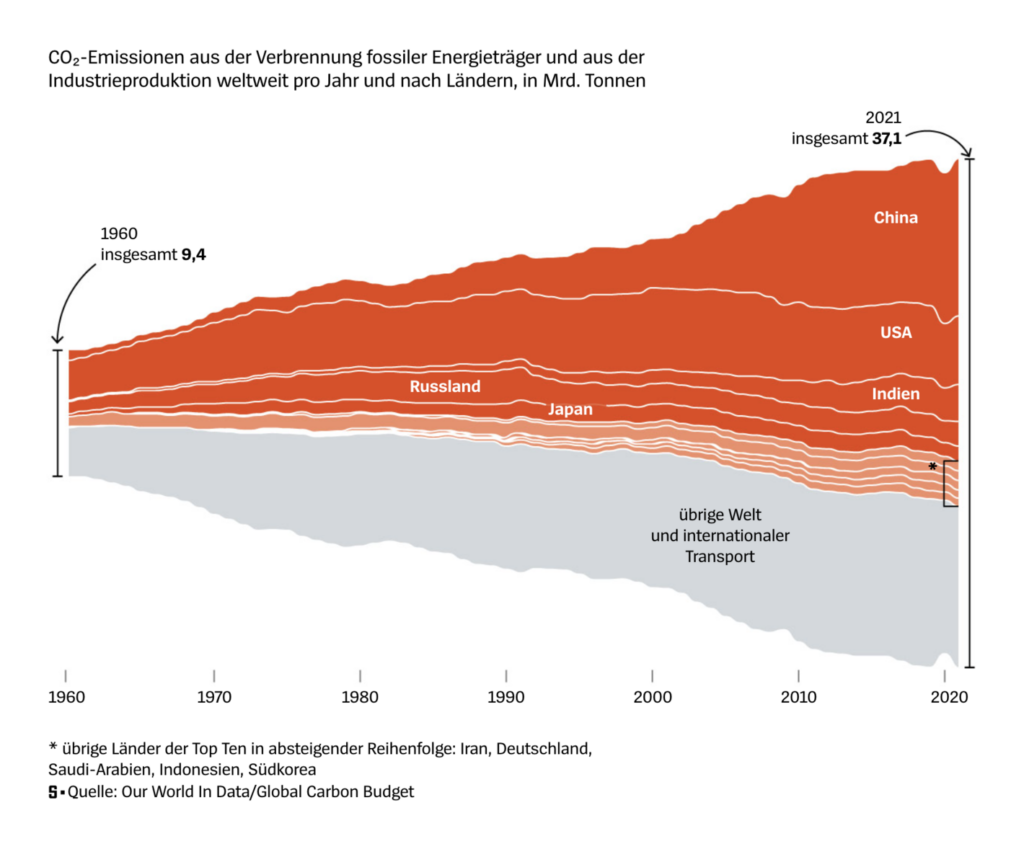
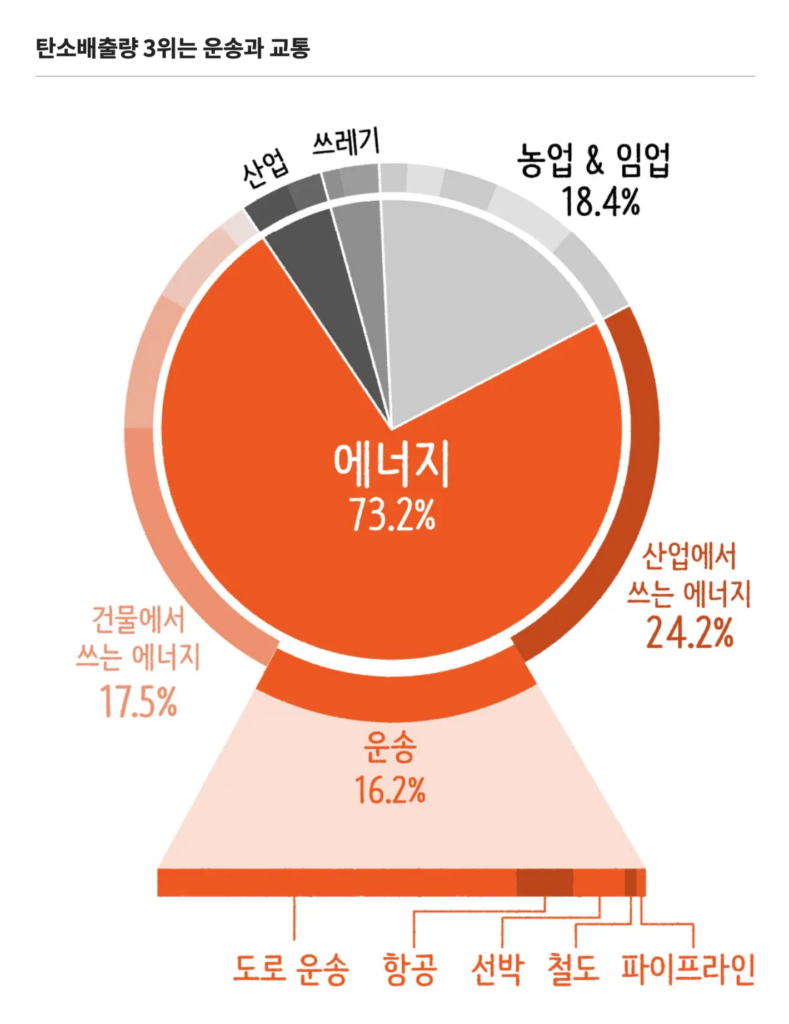
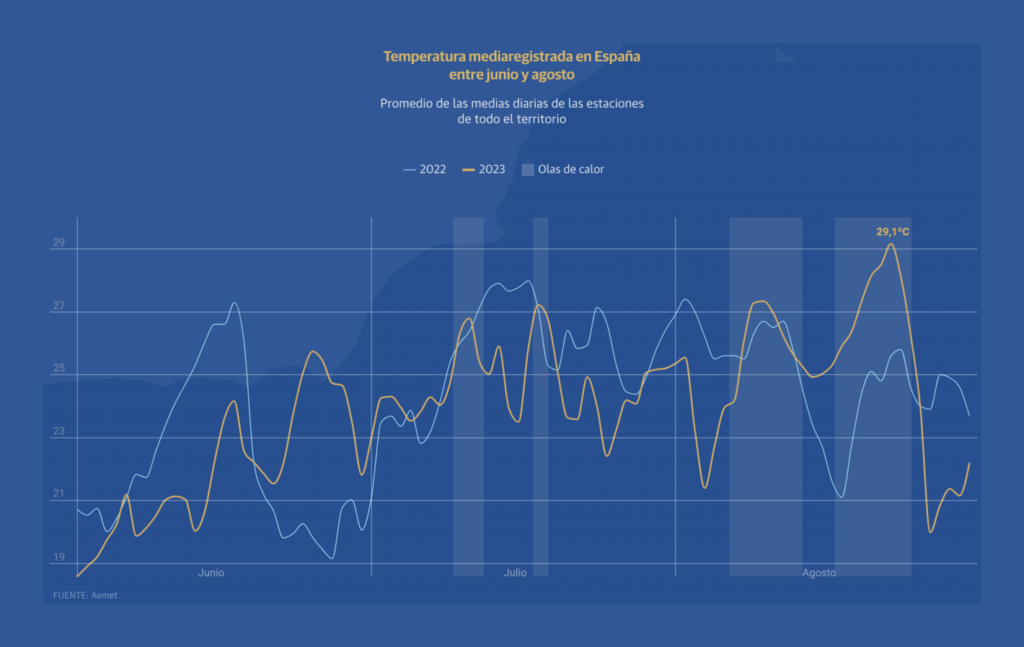
Carbon emissions and rising temperatures are just the beginning of climate visualization topics. Their effects on the weather and on people were also explored:
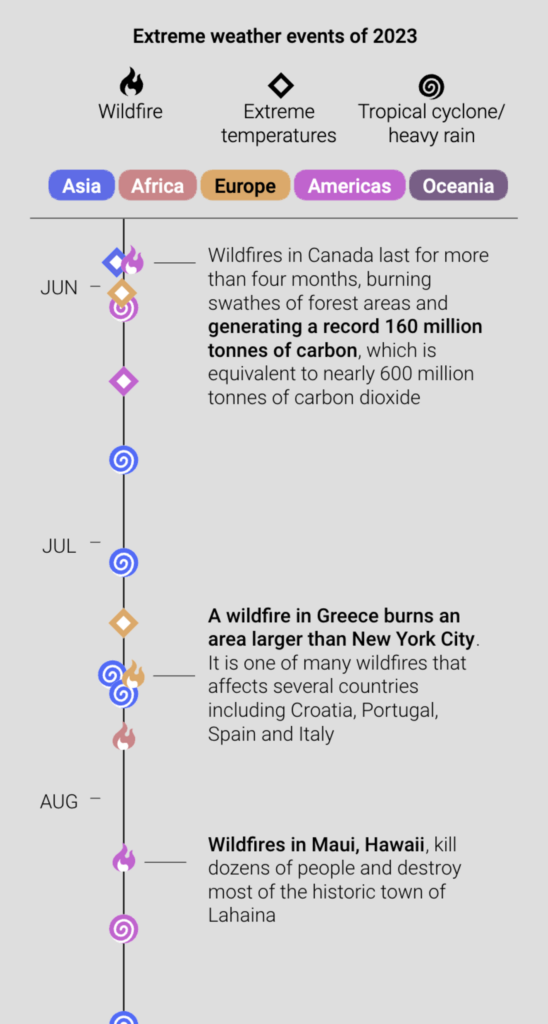
The effects of climate change on the agricultural sector deserve their own cluster:
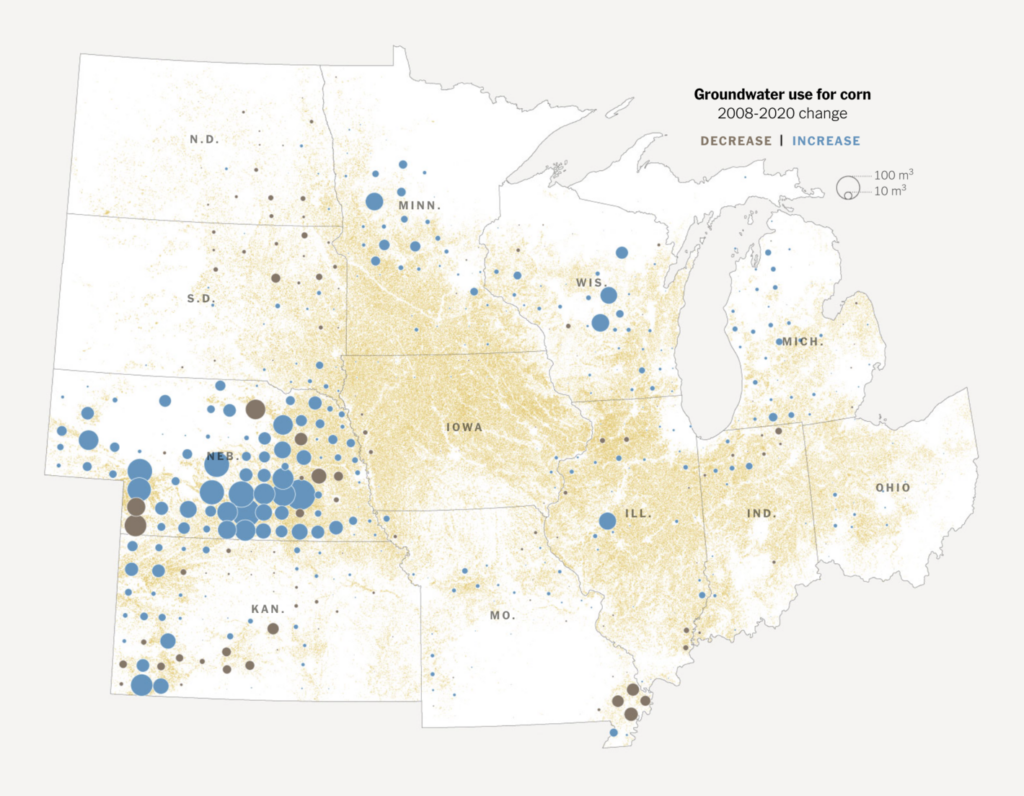
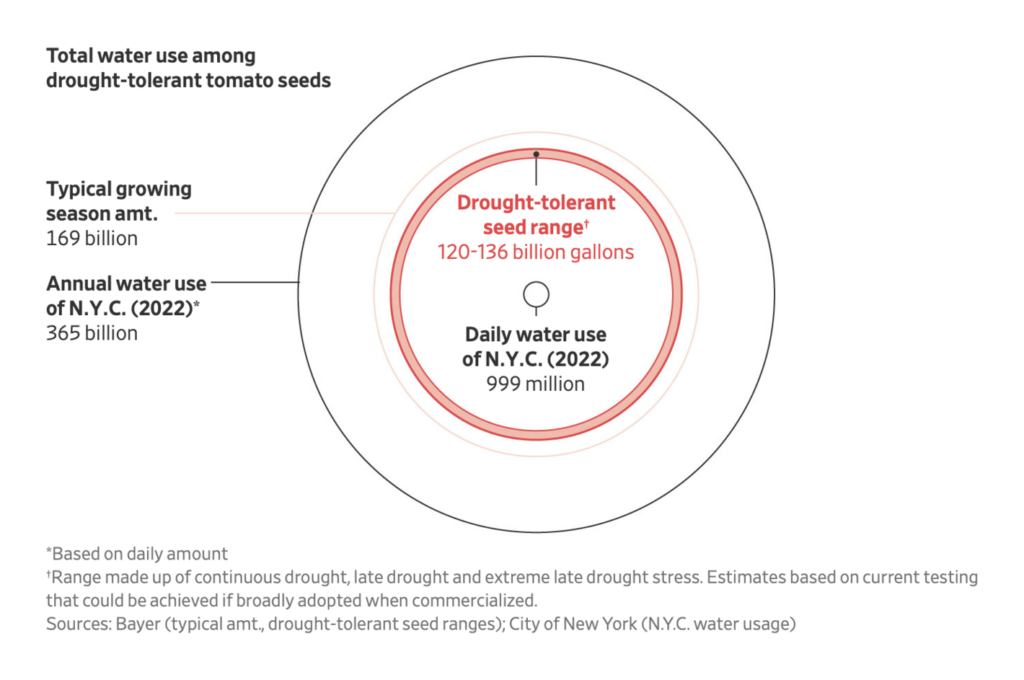
On international routes of migration and trade:
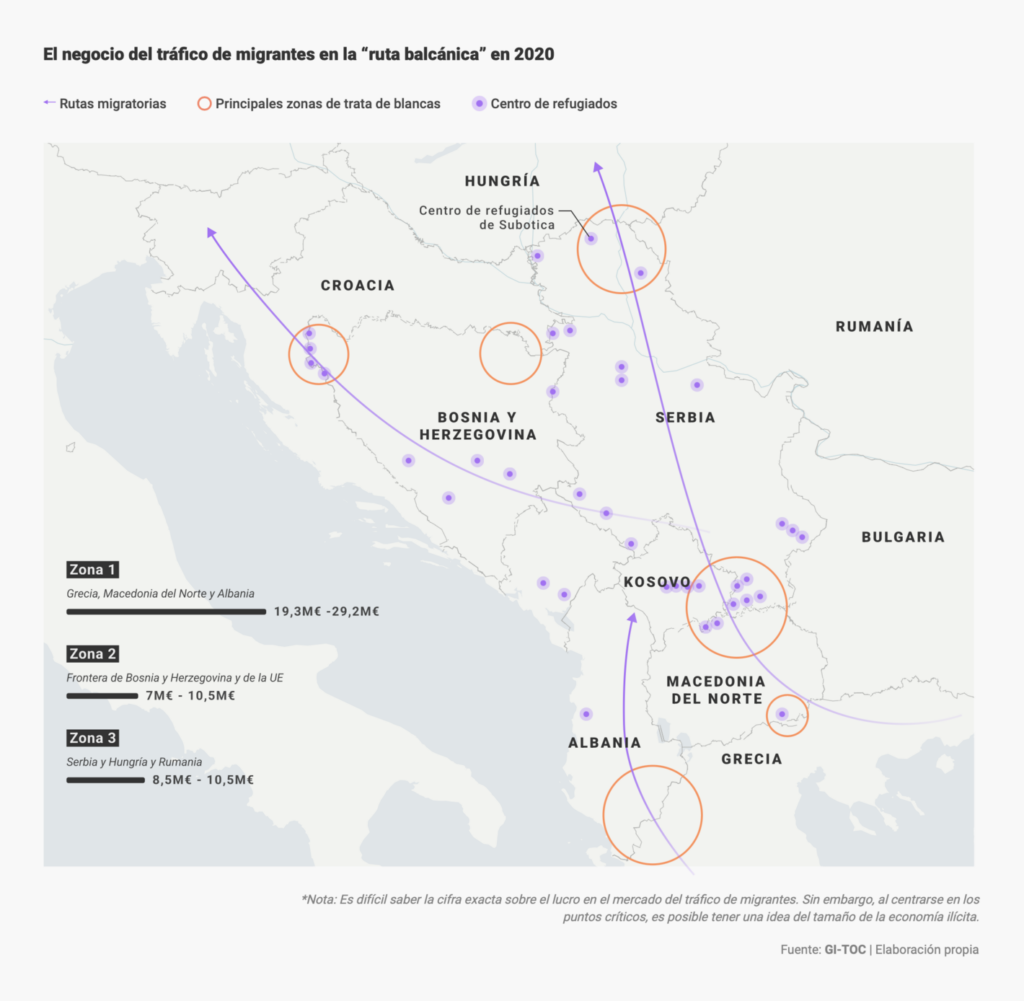
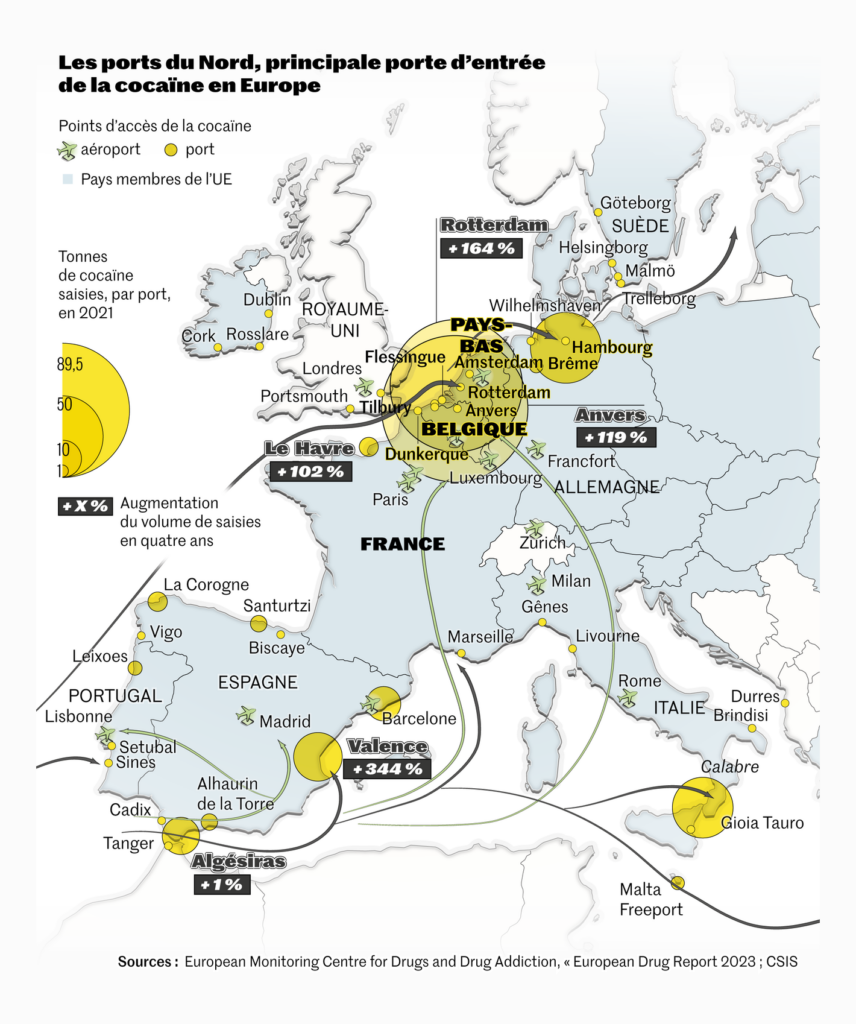
Off to U.S. politics. Spoiler: The U.S. Senate is pretty old:
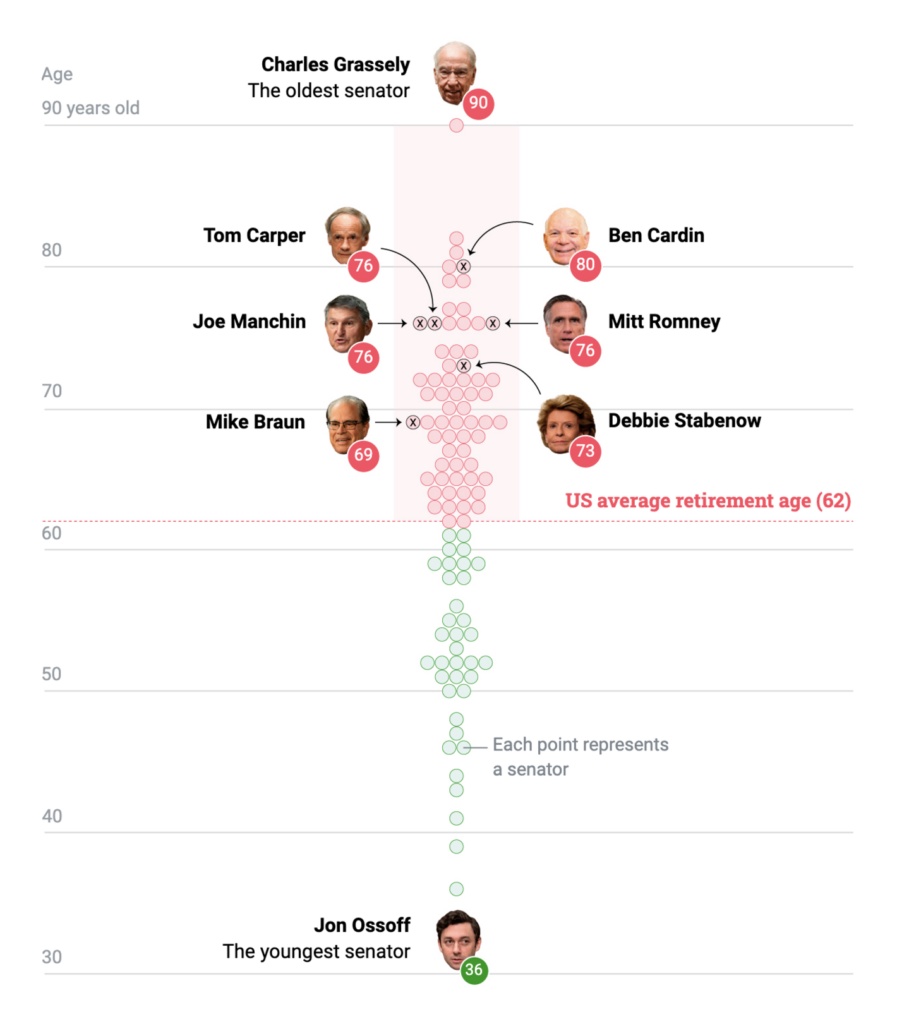
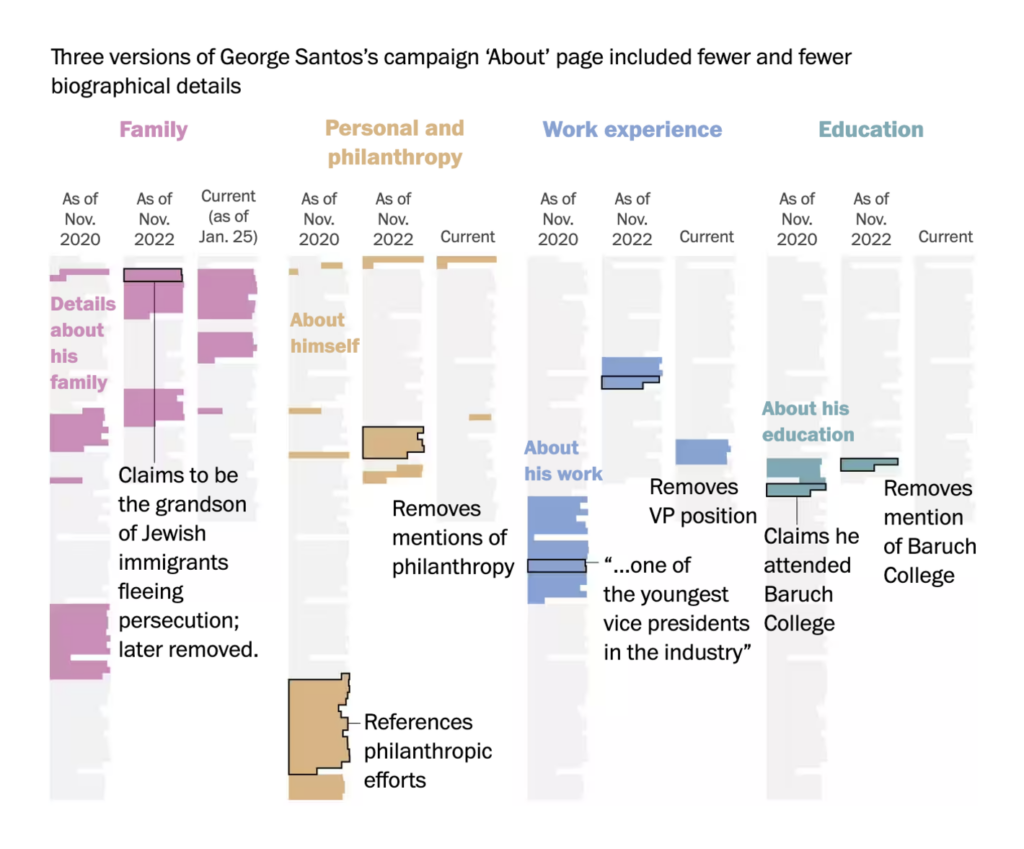
A very special topic in this week’s economic charts: Where do the little components in our gadgets come from? And what does China have to do with it?:
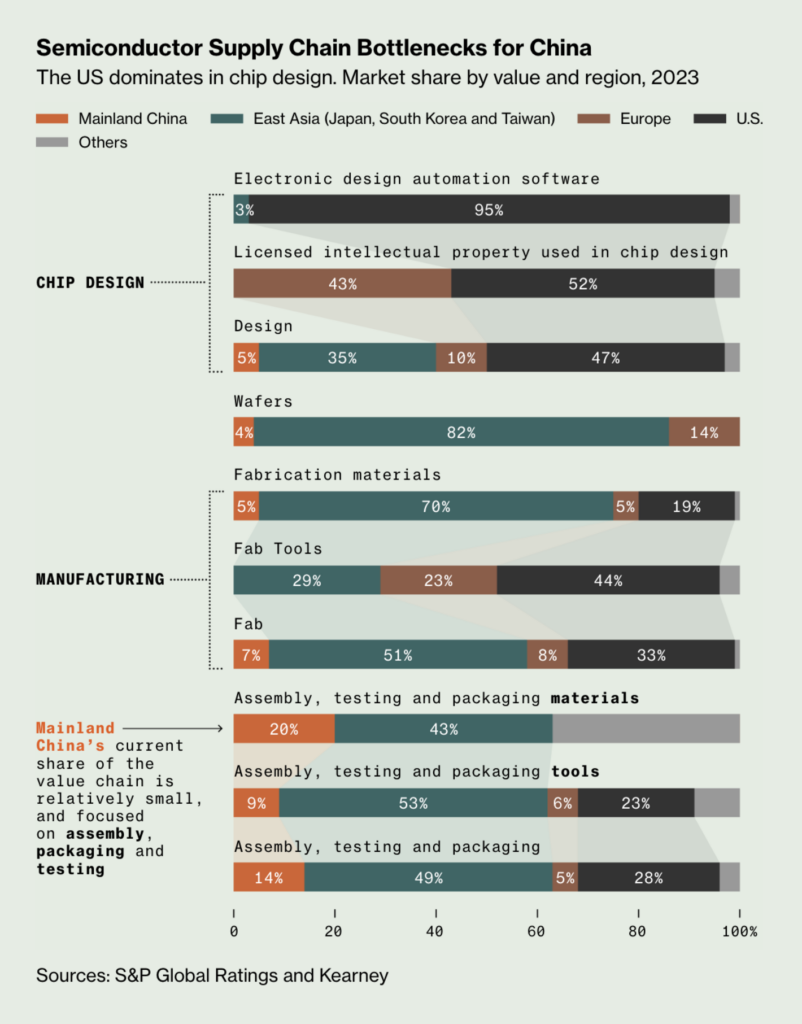
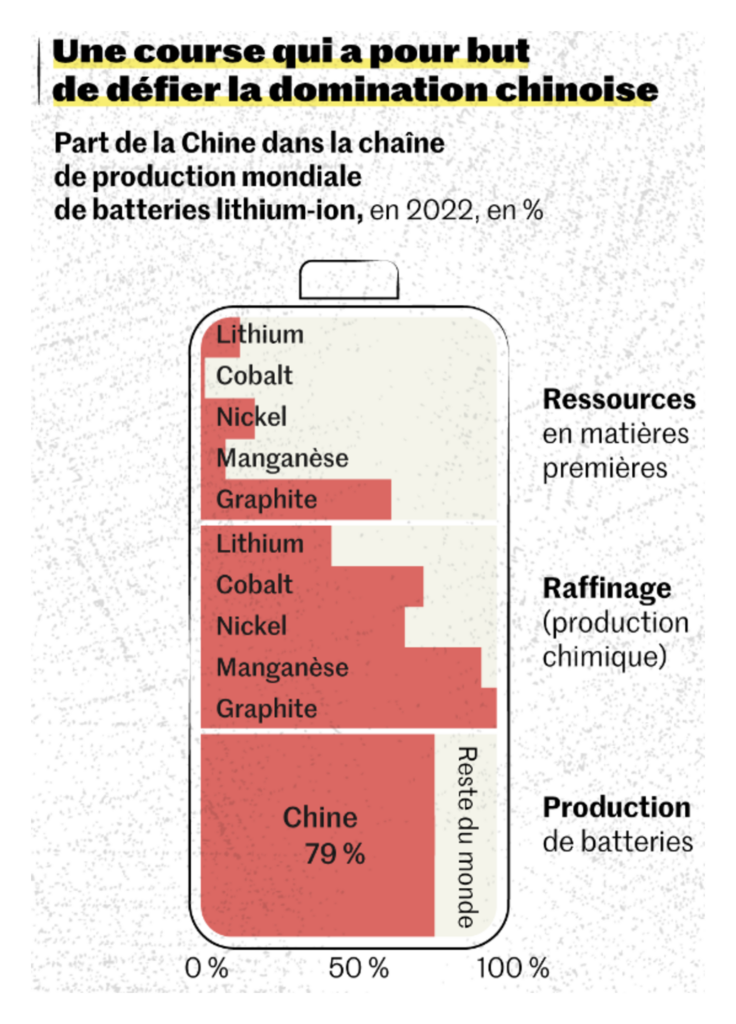
Money, money, money. An omnipresent topic:
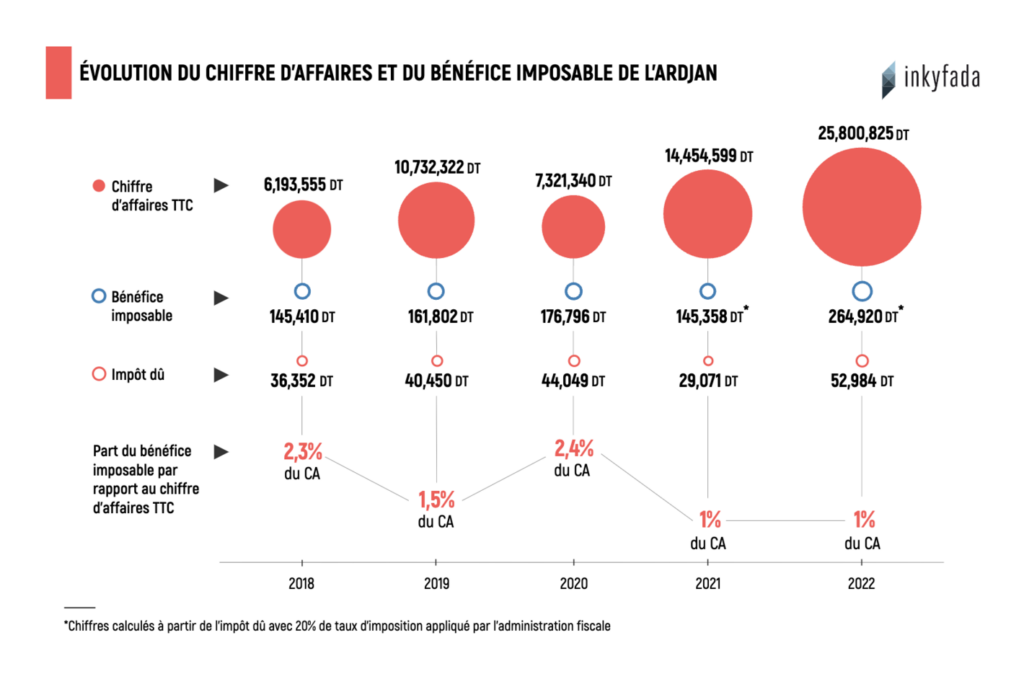
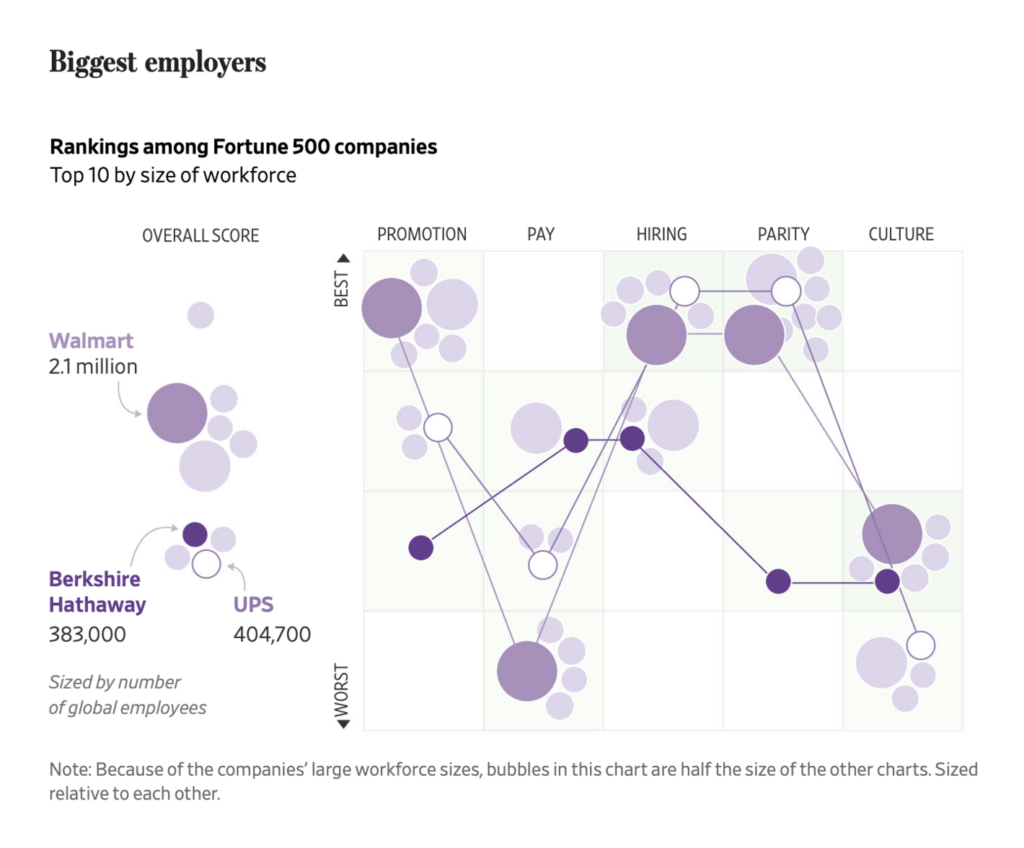
The cities that we live in and travel to starred in two charts this week:

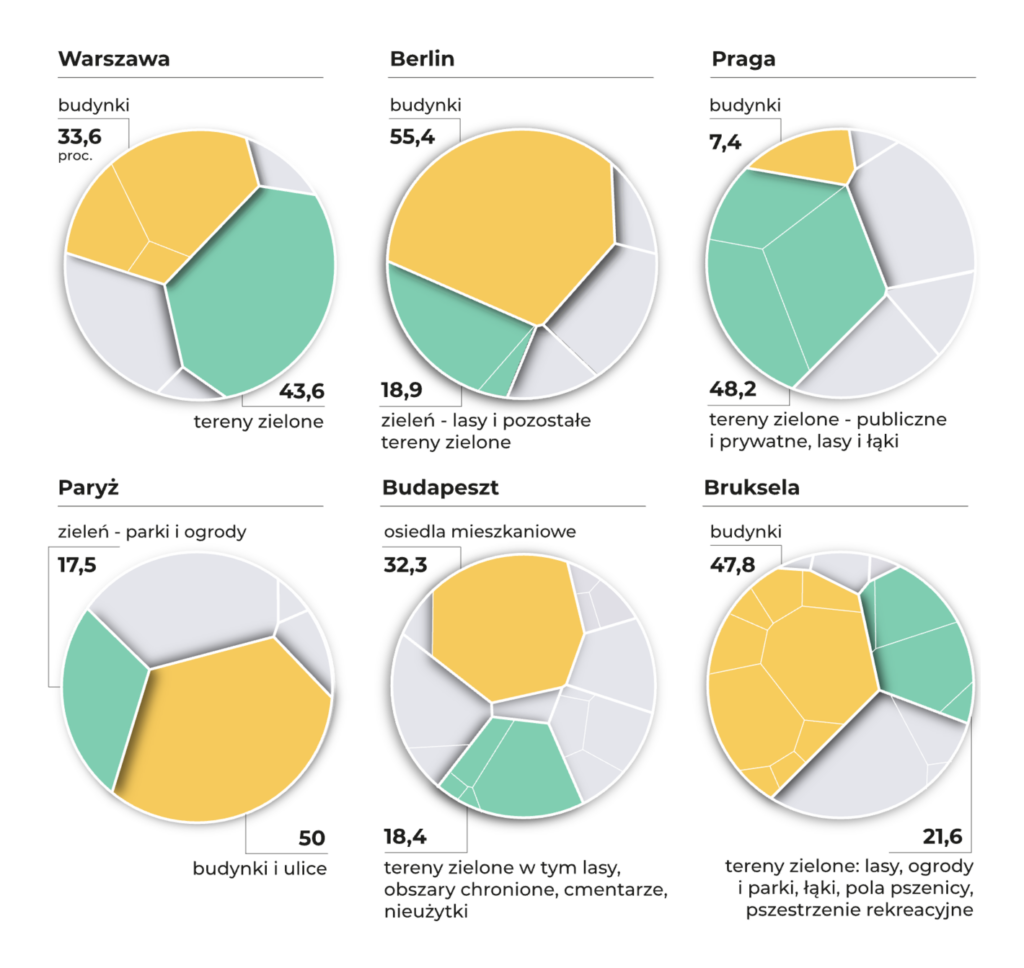
Unsurprising, sad, and always important to remember — violence against women is still a problem around the world:
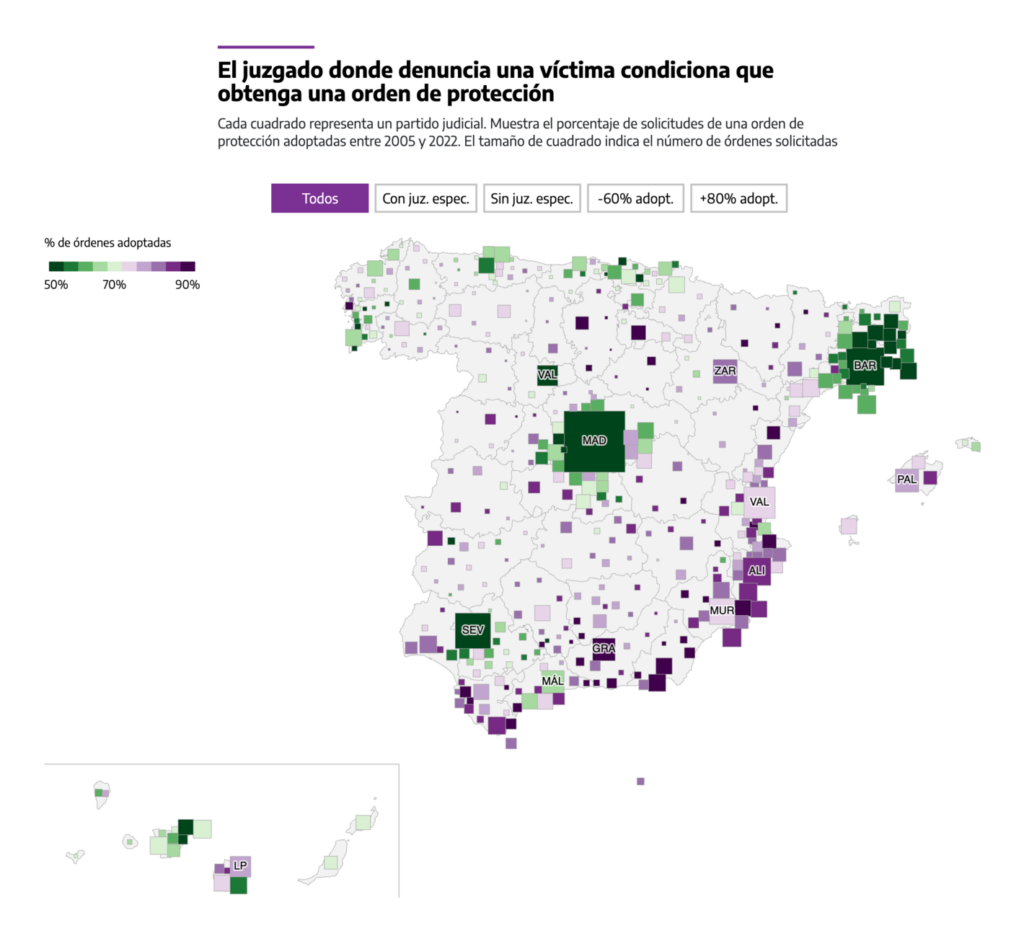
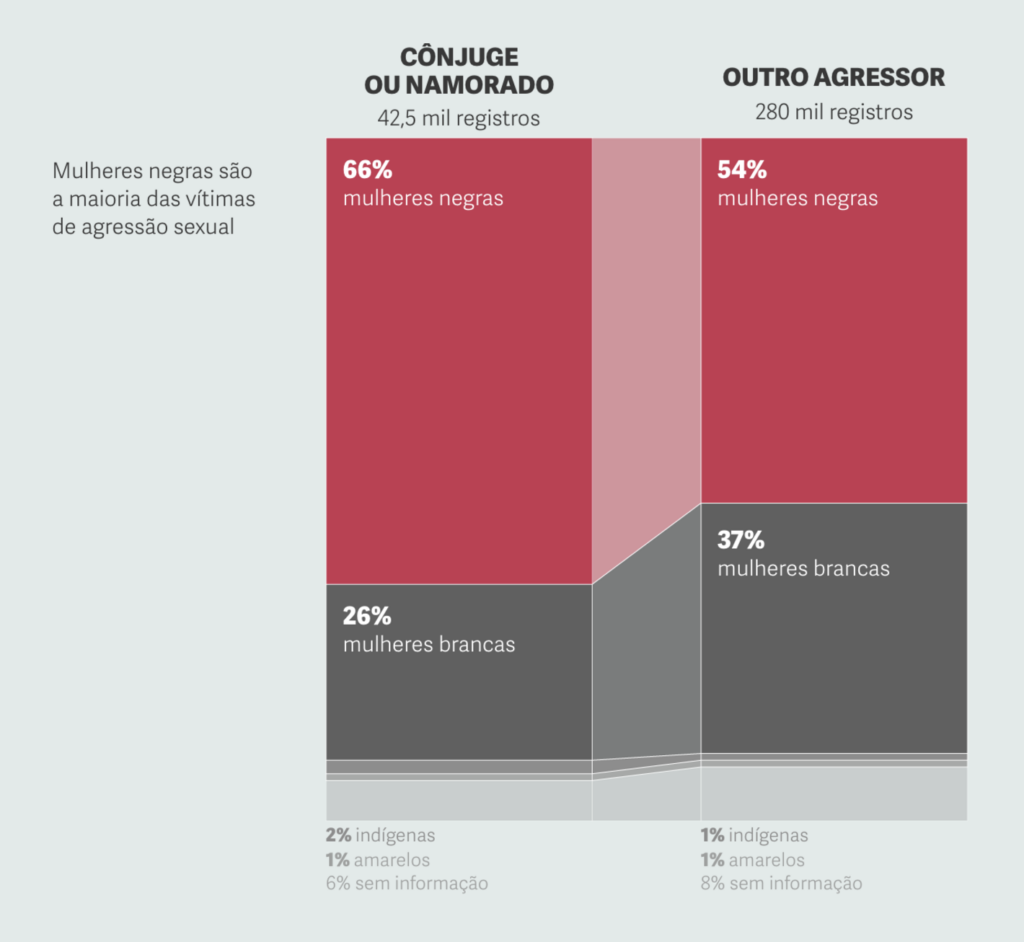
Let’s move on to something happier — memories in pop culture:
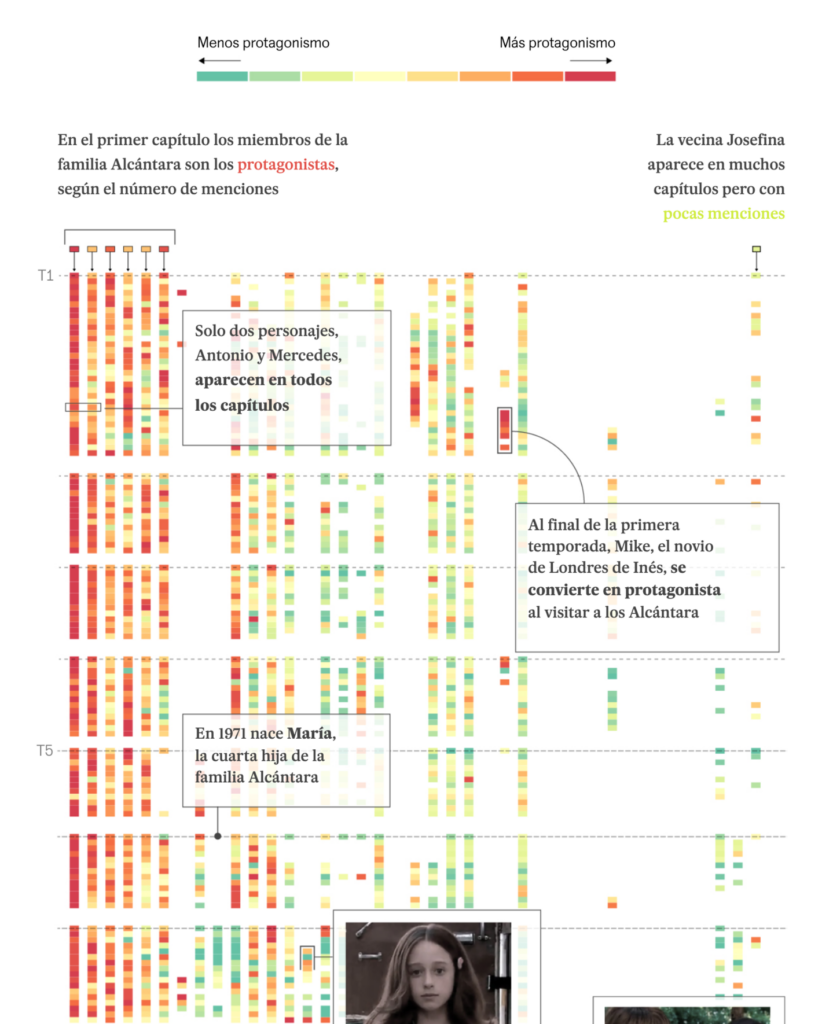

We also learned interesting things about sleep, the origin of country names, and submarines:
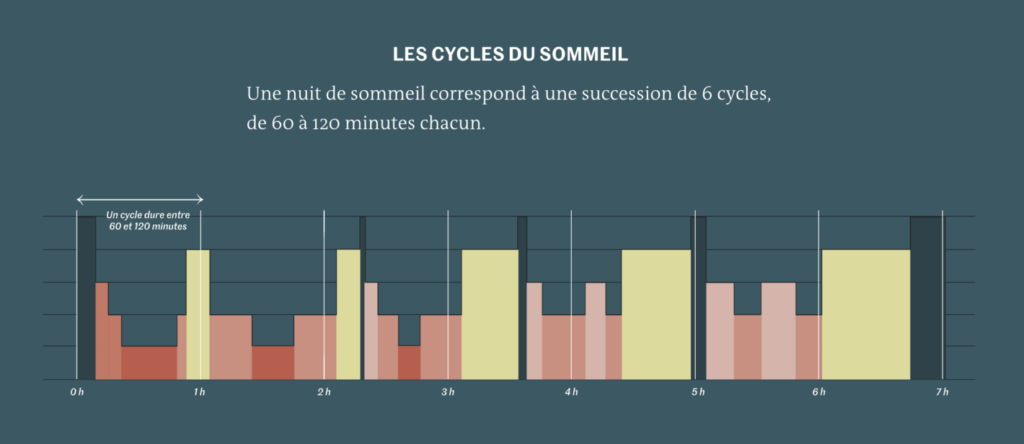
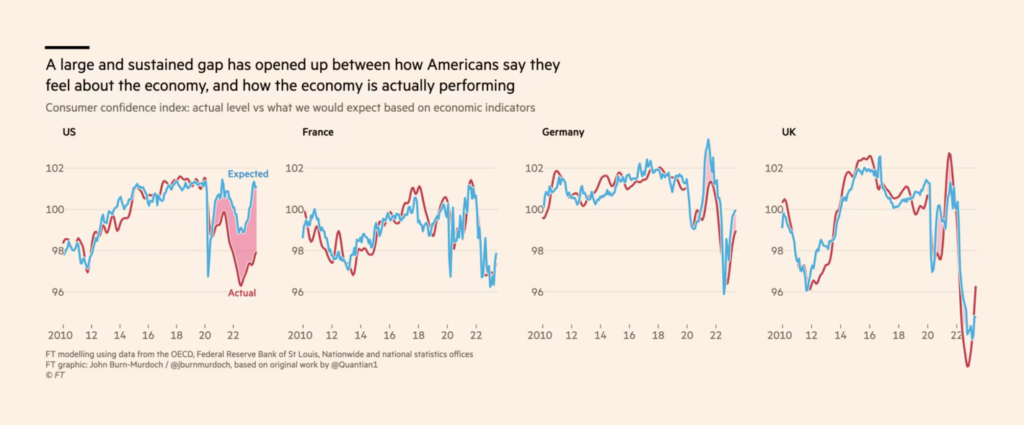
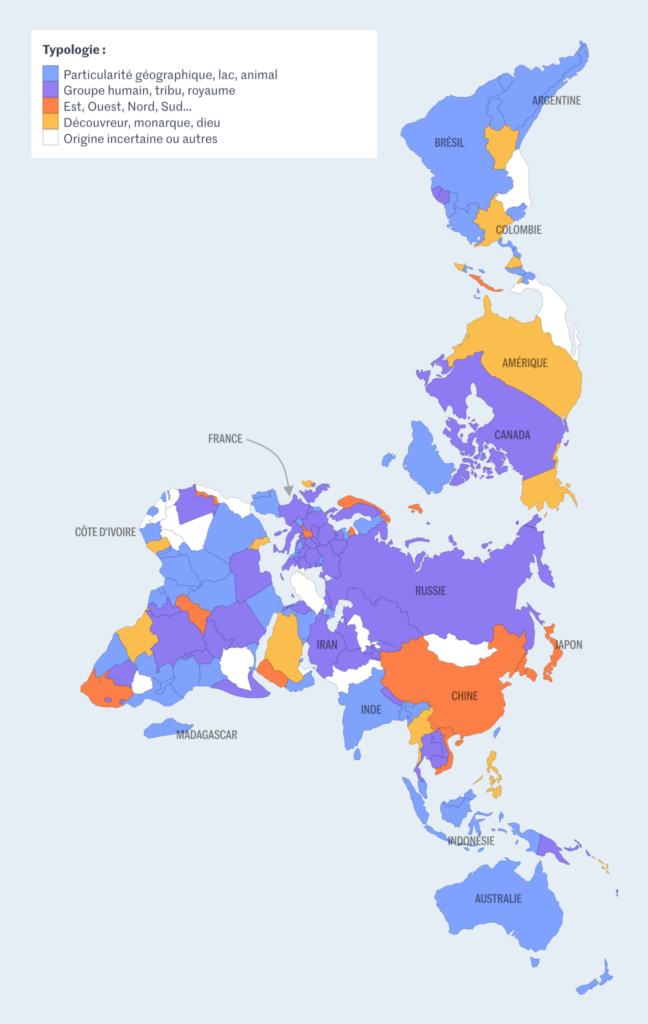
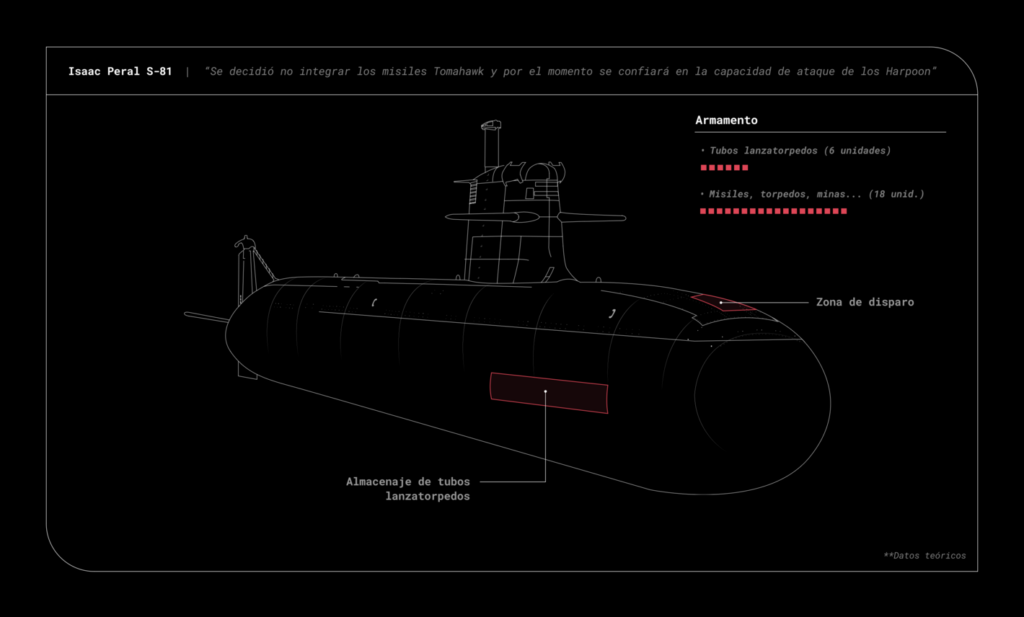
What else we found interesting
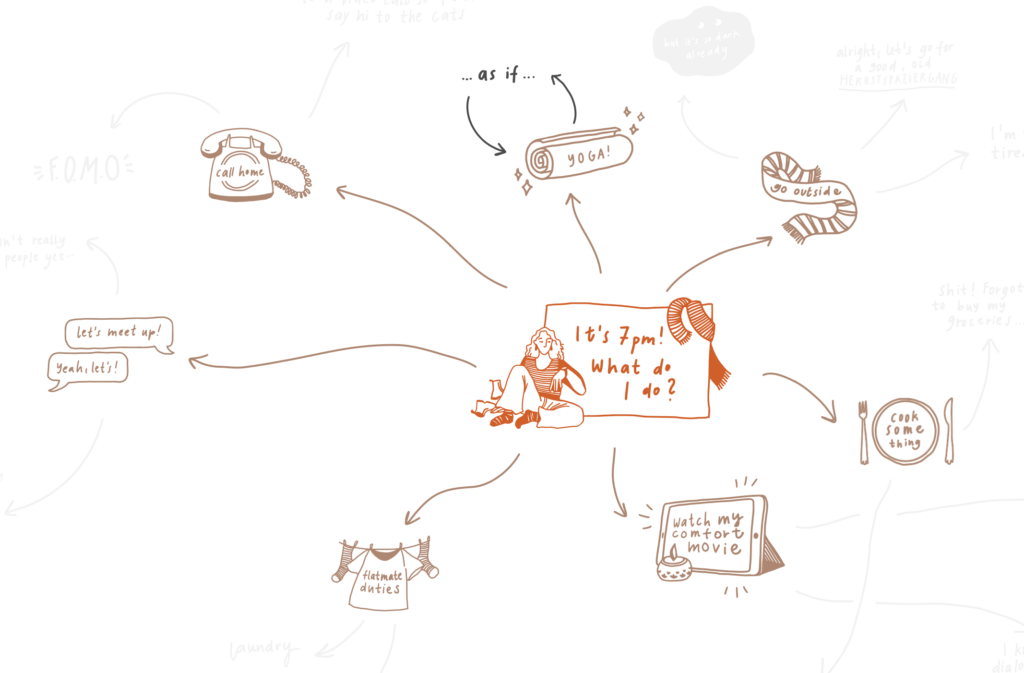

Applications are open for…
- A university teacher/lecturer in Design Informatics at the University of Edinburgh
Help us make this dispatch better! We’d love to hear which newsletters, blogs, or social media accounts we need to follow to learn about interesting projects, especially from less-covered parts of the world (Asia, South America, Africa). Write us at hello@datawrapper.de or leave a comment below.
Want the Dispatch in your inbox every Tuesday? Sign up for our Blog Update newsletter!




Comments